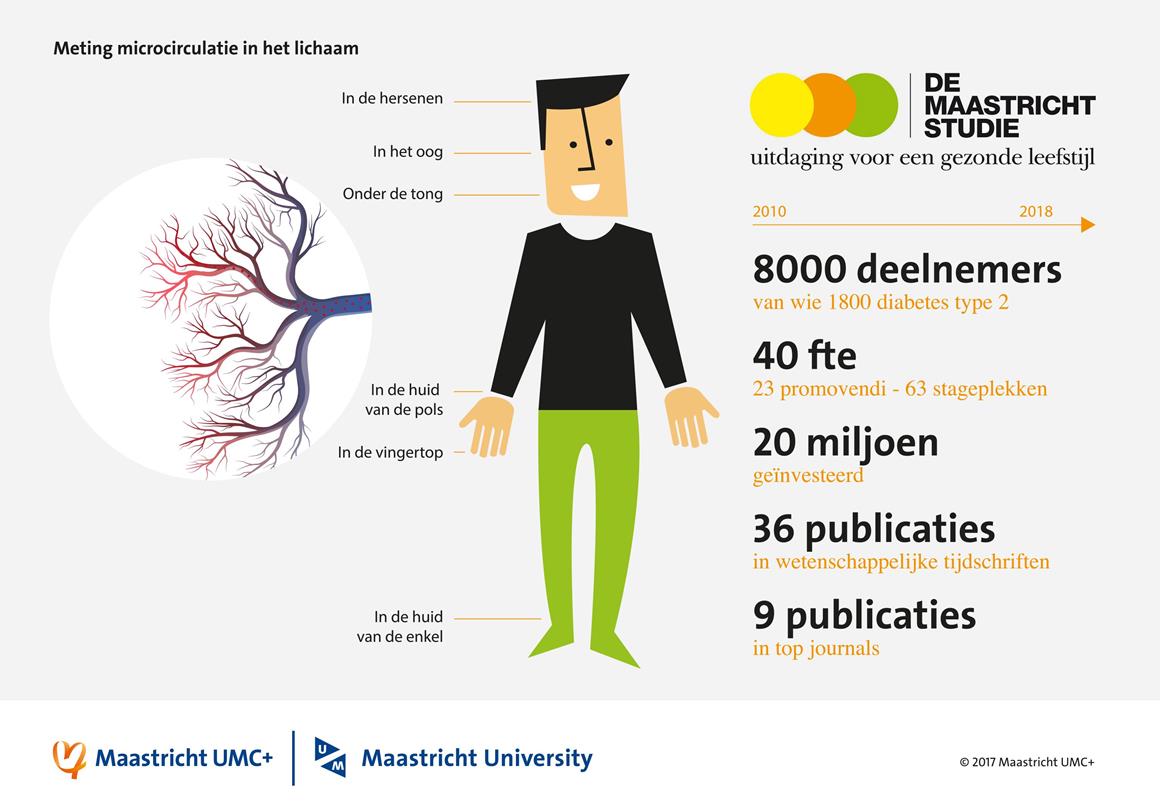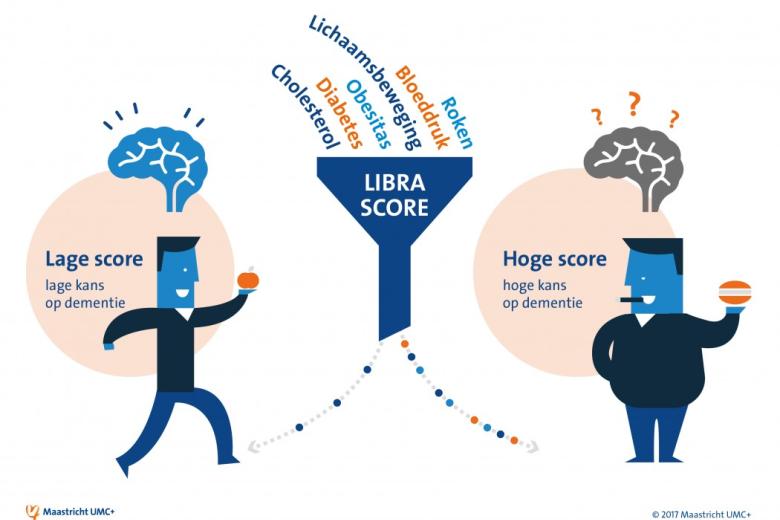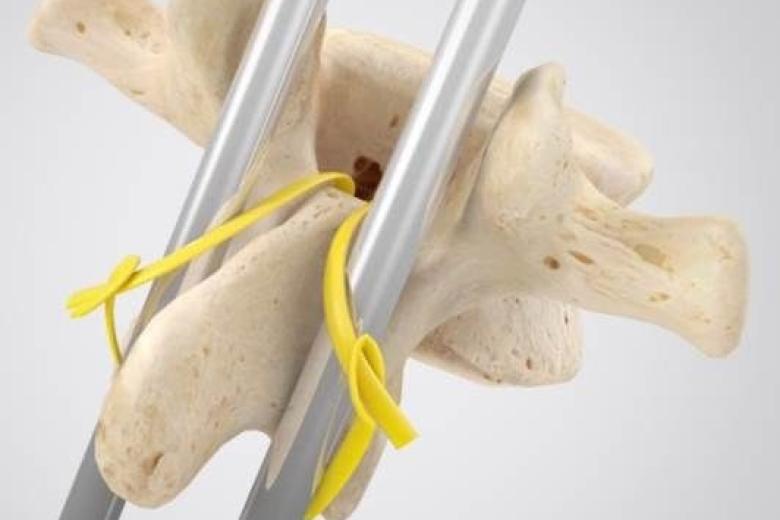Capillary damage can lead to depression
A direct link has been found between damage to capillaries (microcirculation) and depression. Researchers at Maastricht UMC+ found that microcirculatory damage increases the risk of depression by twenty to fifty per cent. Their findings on the link between microcirculation and depression were recently published in the leading scientific journal JAMA Psychiatry.
Patients with type 2 diabetes – the most prevalent disease worldwide – are twice as likely to develop depression as healthy individuals. Until now, there was no explanation for this link. However, we did know that type 2 diabetes and hypertension damages microcirculation, which is the circulation of blood in the smallest blood vessels. Poor microcirculation is relatively common in adults and does not necessarily have negative consequences, as the body is equipped with physiological reserve capacity. However, if the damage is severe, this can have a negative impact on daily functioning. The capillaries supply oxygen and nutrients to all parts of the body, including the parts of the brain that regulate mood. If this supply is disrupted, it can have a negative effect on our mood.
Measurements
The researchers based their findings on a literature study and their own microcirculatory measurements obtained through MRI imaging, biomarkers in the blood and research on the capillary function in the skin and retina. The capillary measurements, carried out as part of The Maastricht Study, were exceptionally tricky. Damage to major blood vessels is relatively easy to determine, but capillaries are hard to study because the slightest movement by the test subject can disrupt the measurement and render it unreliable.

Image translation:
The Maastricht Study: challenges of a healthy lifestyle Measuring microcirculation in the human body.
In the brain, In the eye, Under the tongue; In the skin of the wrist, In the fingertip; In the skin of the ankle.
8000 participants (1800 of which have type 2 diabetes), 40 FTE (23 PhD candidates – 63 internships), 20 million (invested), 36 publications (in scientific journals), 9 publications (in prestigious journals).
Treatment
The researchers assume that microcirculatory damage can be treated with medication. Certain hypertension medications improve microcirculation to some extent, but a targeted drug for this purpose does not yet exist. Developing one will require further insight into the underlying mechanisms that cause depression.
Marnix van Agtmaal is currently conducting PhD research on the link between microcirculatory damage and depression. He expects to complete his dissertation in early 2018. The link to the publication in JAMA Psychiatry.
Also read
-
Individual risk profile could help prevent dementia
Prevention of dementia potentially stimulated by drawing up personal risk profile (MUMC+ news).

-
New plastic fixation cable for scoliosis surgery
Less invasive operation, maximum vertebral growth, and no stray metal particles (MUMC+ news).

-
Bifidobacteria stimulated by dietary fibre
The influence of prebiotics on overweight people (MUMC+ press release).
